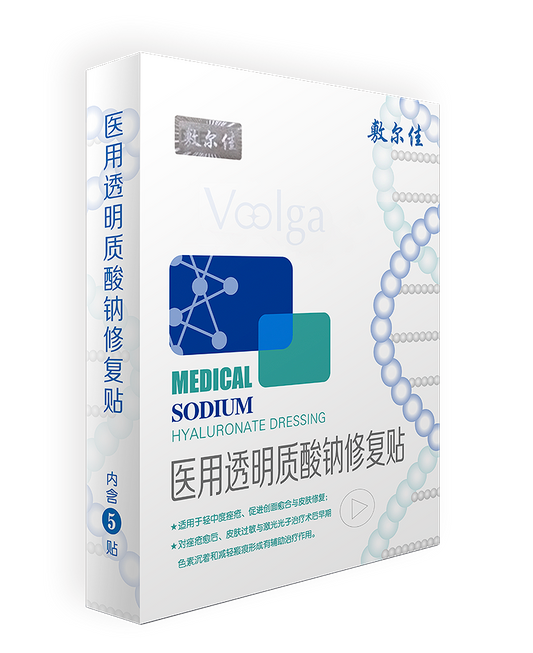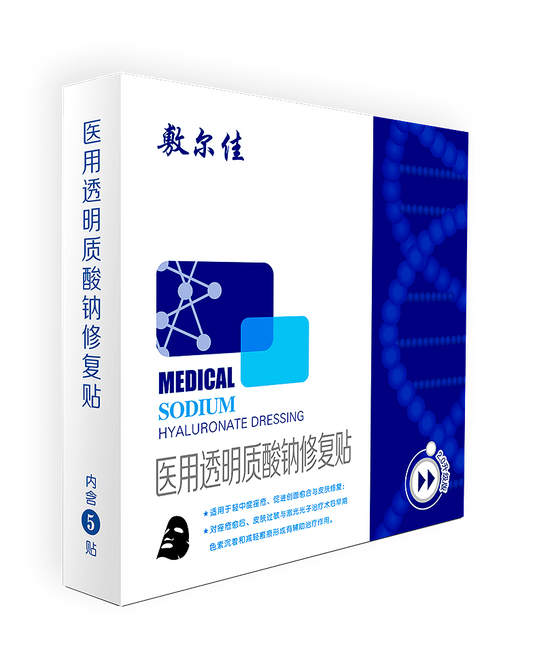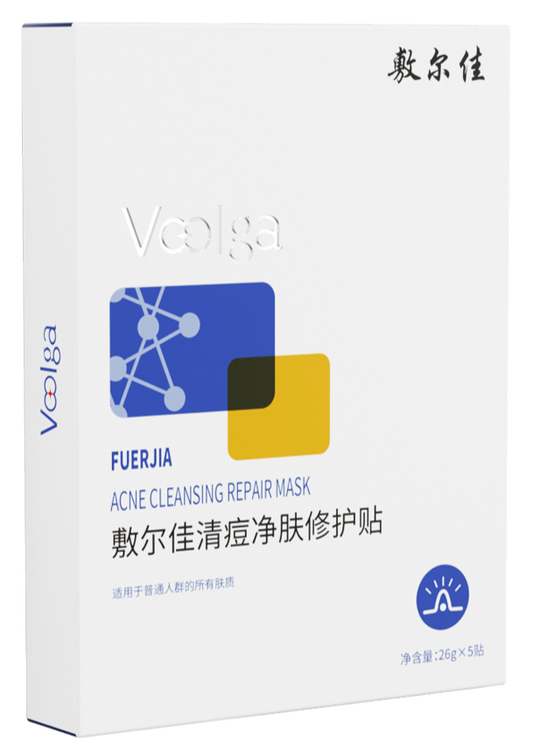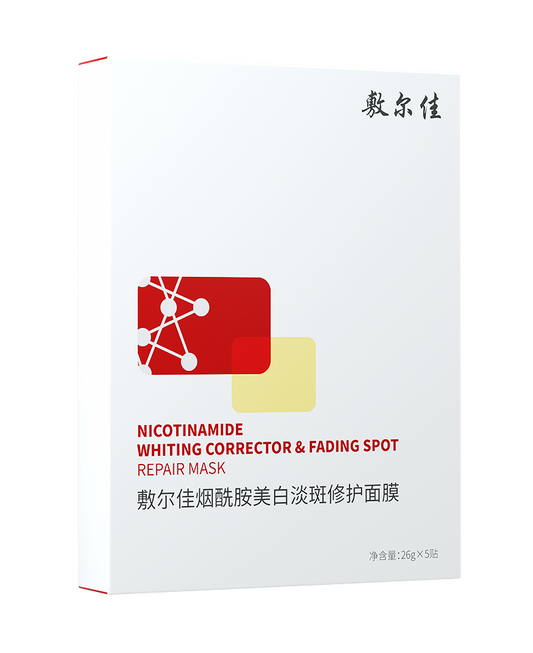In the pursuit of clear, glowing skin, many people turn to a variety of skincare products promising fast results. While some of these products may deliver instant improvements, many contain high concentrations of artificial chemicals that can do more harm than good over time.
Let’s dive into what prolonged use of such products can do to your skin—and why it's important to be mindful of what you're putting on your face.
The Hidden Dangers of Harsh Chemicals
Artificial chemicals in skincare can include synthetic fragrances, parabens, sulfates, phthalates, alcohols, and petroleum-based ingredients. These compounds are often added to improve texture, increase shelf life, or enhance scent—but they can compromise your skin's health when used excessively or for extended periods.
Here’s what can happen:
1. Skin Barrier Damage
Your skin has a natural protective barrier made up of oils, lipids, and moisture. When exposed repeatedly to harsh chemicals like alcohol-based toners or strong exfoliants, this barrier can weaken. A compromised skin barrier leads to:
- Increased sensitivity
- Dryness and flakiness
- Higher risk of irritation and inflammation
- More frequent breakouts or rashes
2. Chronic Dryness and Dehydration
Many artificial chemicals strip the skin of its natural oils. While this might feel good temporarily—especially for oily or acne-prone skin—it can trigger long-term dehydration. Dehydrated skin looks dull, feels tight, and ages faster due to loss of elasticity.
3. Premature Aging
Frequent exposure to synthetic compounds can accelerate signs of aging. Chemicals that disrupt the skin’s pH or cause oxidative stress may:
- Increase the appearance of fine lines and wrinkles
- Lead to sagging or loss of firmness
- Create uneven texture and tone
Ironically, the very products claiming to "renew" your skin may be speeding up the aging process behind the scenes.
4. Allergic Reactions and Sensitivities
With prolonged use, your skin can develop sensitivities or allergic reactions to certain ingredients. This might manifest as:
- Redness
- Itchiness
- Burning sensations
- Persistent breakouts
Over time, your skin may become more reactive—not just to the products you use, but even to environmental triggers like sun, wind, or pollution.
5. Hormonal Disruption
Some skincare ingredients, such as parabens and phthalates, have been linked to hormonal imbalances when absorbed into the body through the skin. Though research is ongoing, many experts recommend avoiding these substances, especially for long-term use.
6. Discoloration and Pigmentation Issues
Products with bleaching agents or synthetic brighteners can lead to hyperpigmentation when misused or overused. Instead of an even skin tone, you might develop:
- Dark spots
- Uneven patches
- Long-lasting discoloration
How to Protect Your Skin
If you’re concerned about chemical exposure, it’s not too late to make a change. Here are some practical steps:
- Read ingredient labels and avoid products with long lists of synthetic chemicals.
- Opt for natural or dermatologist-approved formulas with gentle ingredients like aloe vera, niacinamide, hyaluronic acid, or green tea.
- Introduce new products gradually and pay attention to how your skin reacts.
- Hydrate and protect your skin daily with moisturizer and sunscreen.
- Give your skin a break every now and then—minimal routines often lead to healthier, more balanced skin.
Conclusion: Listen to Your Skin
Your skin is smart—it often tells you when something isn’t right. Redness, breakouts, tightness, and dryness are all signs it may be overwhelmed by too many artificial ingredients. While chemical-based skincare isn't inherently bad, excessive use over time can cause serious damage.
Choosing cleaner, more balanced skincare is an investment in your long-term skin health. Because in the end, it’s not just about looking good today—it’s about nurturing your skin for tomorrow.





